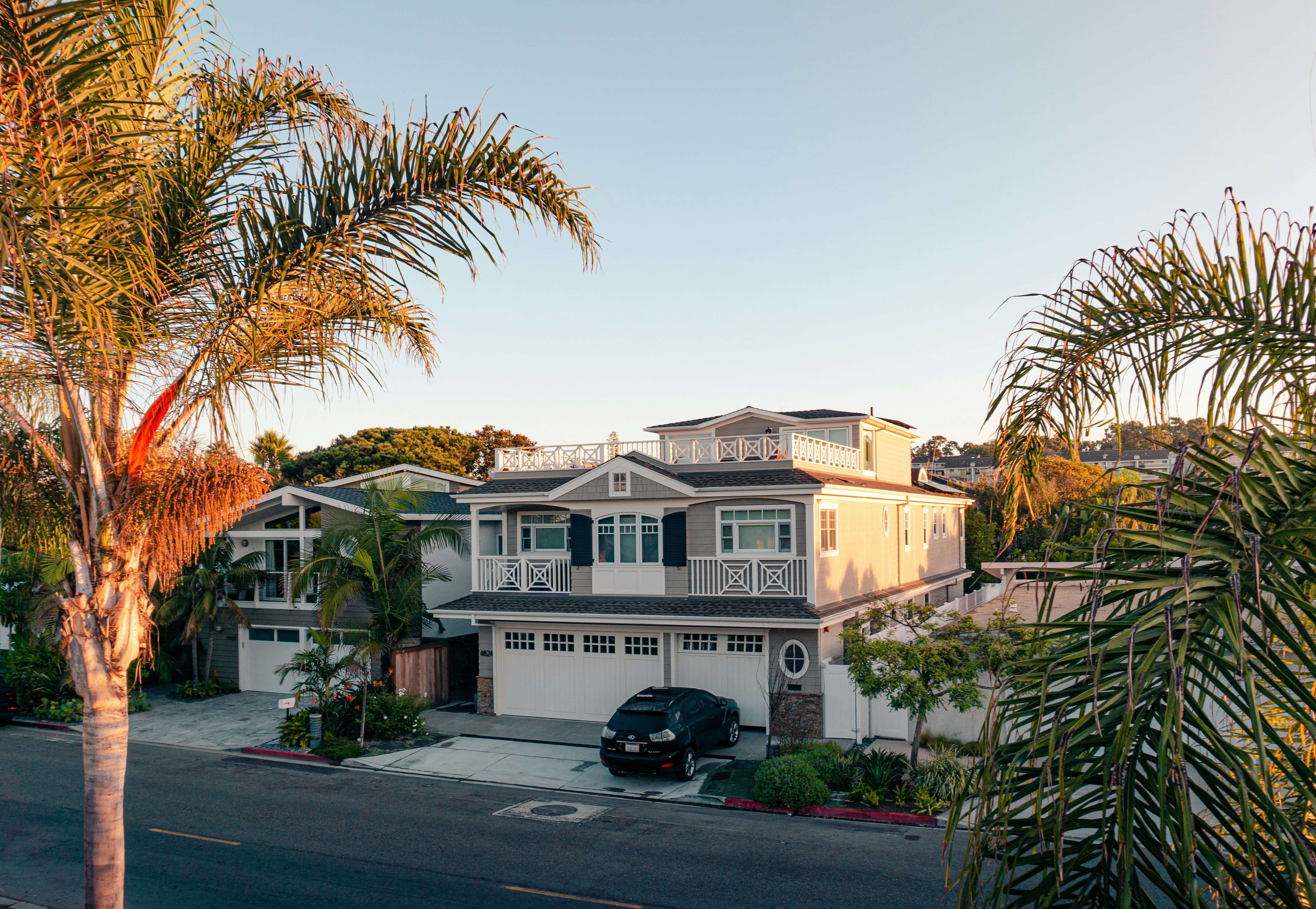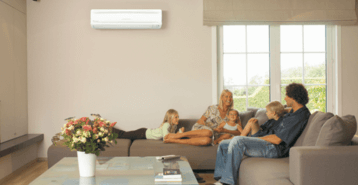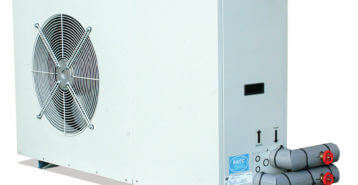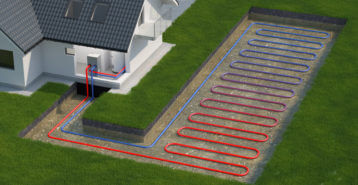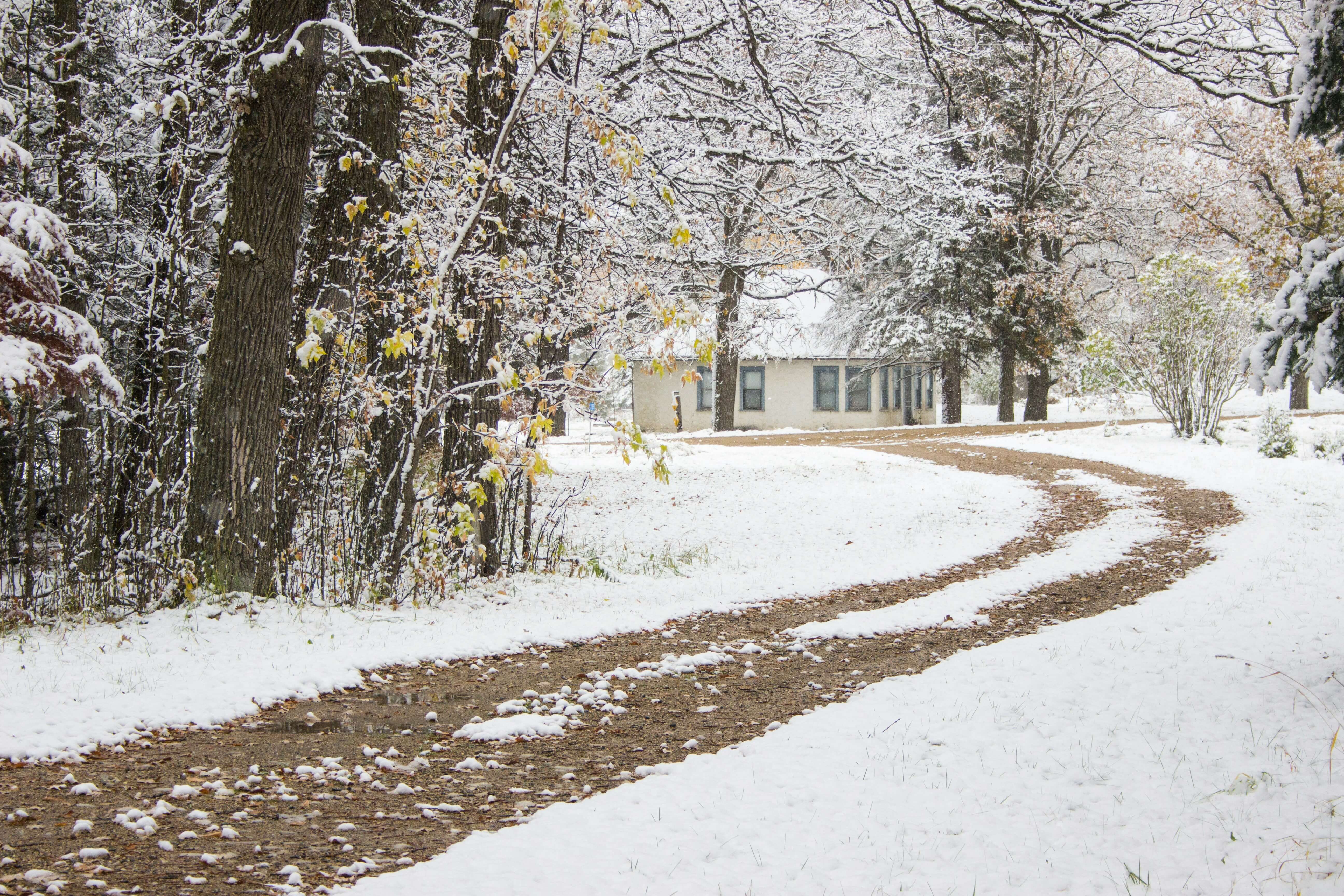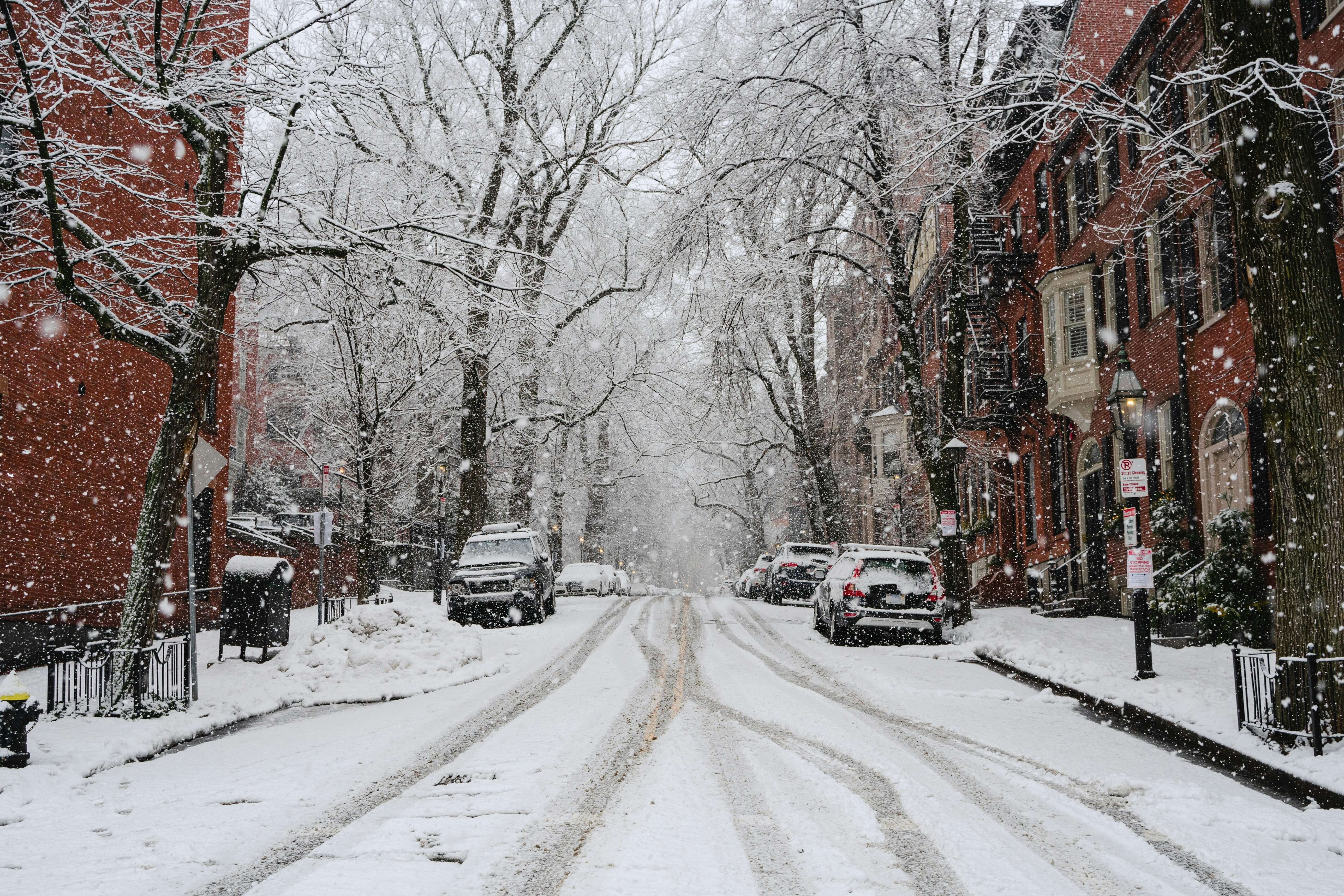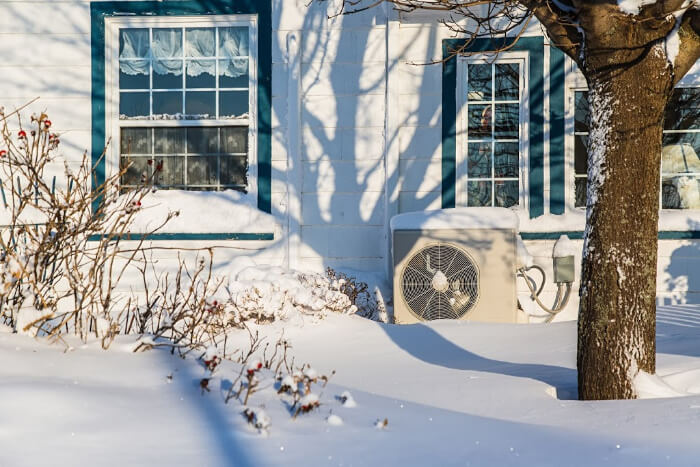How Much Does It Cost to Install a Heat Pump System in California?
A straightforward heat pump replacement averages around $11,500 installed statewide. Your total cost includes both the equipment (outdoor unit plus air handler or indoor heads) and installation (labor, materials, line sets, electrical tie-ins, permits, testing, and commissioning). Costs will change depending on system type (ducted, ductless, or geothermal), capacity, efficiency, number of zones, additional repairs, and permit fees.
2025 California Heat Pump Installation Costs by Metro Area
| Metro / Area | Ducted Air-Source | Ductless Mini-Split (Single Zone) | Ductless Mini-Split (Multi-Zone, 3 to 4 heads) |
|---|---|---|---|
| Bay Area (Regional) | $9,500 to $16,500 | $3,500 to $7,000 | $10,000 to $18,000 |
| San Francisco / Oakland / San Jose | $10,000 to $17,500 | $3,800 to $7,500 | $11,000 to $19,000 |
| Los Angeles Metro | $9,000 to $15,500 | $3,200 to $6,500 | $9,500 to $17,000 |
| San Diego | $8,500 to $14,500 | $3,000 to $6,500 | $9,000 to $16,000 |
Bay Area
Expect to pay around $9,500 to $16,500 total for ducted heat pumps. Tight access, required testing, and older electrical panels can add work, which tends to raise prices. For homes without ducts, multi-zone mini-splits let you condition or heat only the rooms you use.
San Francisco / Oakland / San Jose
If you have existing ductwork, ducted heat pump installation often costs from $10,000 to $17,500, driven by labor rates, permitting, and retrofit complexity in older housing. Condo and historic rules may limit outdoor unit placement. Plan ahead for mounting and noise specifications.
San Diego
Mild weather means your system won’t have to work as hard (or be too large) to keep your home comfortable. Ducted systems average $8,500 to $14,500. Because you’re dealing with salt-air exposure, you’ll want to focus on corrosion-resistant cabinets and regular maintenance.
Los Angeles
In LA, you’ve got a broad mix of homes and hillsides. If you’re looking for a ducted unit, heat pump installation typically costs $9,000 to $15,500. Many homeowners add high-MERV filtration to deal with seasonal smoke and dust — check blower sizing and static pressure.
Are Heat Pumps a Good Idea in California?
Yes. California’s mild winters and long cooling season are a strong fit for heat pumps. One system handles both home heating and air conditioning, often at a lower operating cost than electric resistance heat and with competitive costs versus gas, depending on local rates and insulation. Heat pumps also pair well with rooftop solar for year-round comfort.
Related Content: Solar Rebates in California
What Are the Disadvantages?
- Upfront Cost: Heat pumps cost more than many other heating options.
- Electrical Work: Older homes may need panel or circuit upgrades.
- Very Cold Snaps Inland/Mountain: Choose cold-climate models, or consider dual-fuel options in cases where gas remains practical.
- Duct Quality Matters: Leaky or undersized ducts reduce performance and can add project cost.
What Are My Heat Pump Alternatives in California?
If a heat pump isn’t the right fit, consider these options:
- High-Efficiency Gas Furnace + Central AC: You’ll benefit from lower upfront costs where gas is already installed, but you’ll have to maintain two appliances.
- Electric Furnace + Central AC: They’re simple and cost less to install, with no gas line needed. Operating costs are usually higher than a heat pump because it creates heat with electricity rather than moving it.
- Boiler and Radiators: This is a quiet option that provides even warmth with less dust movement. You’ll often find these in older homes, and you’ll need a separate AC unit.
- Whole-House Fan or Evaporative Cooler: These options are helpful in dry inland areas for shoulder seasons. They don’t, however, provide heat and are best as add-ons, not full replacements.
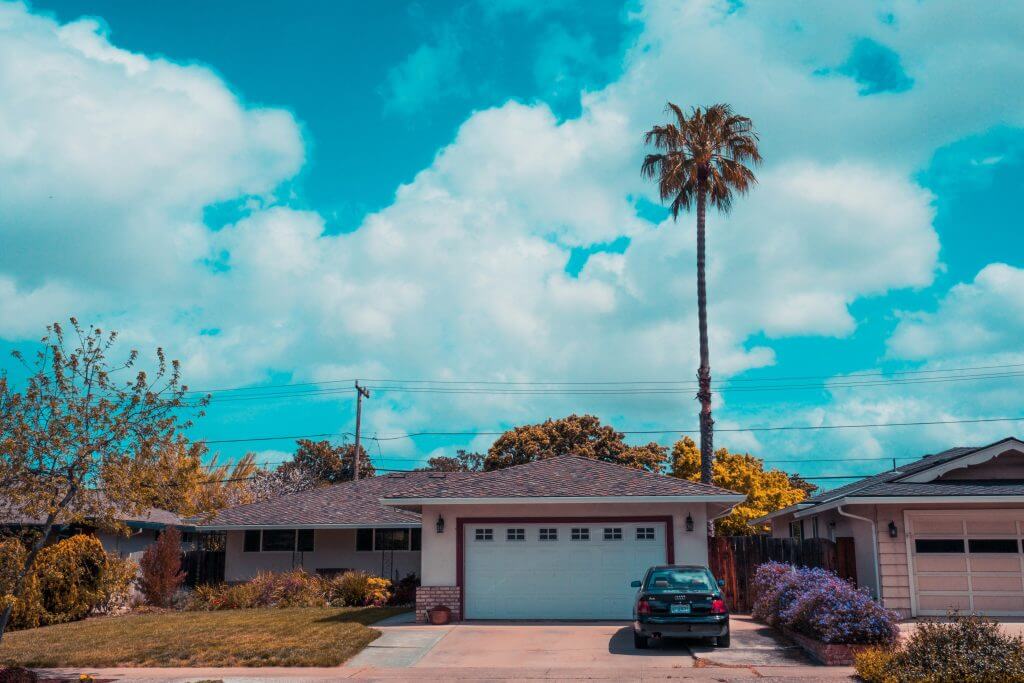
Continue Reading: How Much Does a New Roof Cost in California?
Best Heat Pump for California
For most homes, a ducted, variable-speed air-source heat pump with balanced SEER2 (cooling) and HSPF2 (heating) is the best match. Along the coast, modest capacities and standard cold-climate features work well. Inland and valley areas benefit from higher SEER2 for summer and cold-climate capability for winter dips. Homes without ducts should consider multi-zone mini-splits for efficient zoning and precise control.
Related Content: Best Windows for California With Costs
How to Save on Costs
- Get three itemized quotes. Same model numbers, tonnage, efficiency, scope, and permit details — so you can compare apples to apples.
- Right-size the system. Ask for a Manual J load calculation. Correct sizing protects comfort and your budget.
- Fix ducts first. Seal and insulate ducts in attics or crawl spaces to reduce the size you need and improve comfort.
- Choose the efficiency sweet spot. Ultra-high efficiency is great, but one step down can sometimes offer better payback.
- Plan your zones. For ductless heating, fewer, well-placed heads keep costs down and comfort up.
- Bundle work. Replacing the heat pump and air handler together ensures matched components and can reduce labor.
- Ask about permits and testing. Build time and cost for Title 24/HERS testing into your plan. Avoid surprises.
California Heat Pump Incentive
California frequently supports electric heat pumps through statewide and local programs. Look for state initiatives, regional offerings like BayREN and local municipal utility rebates, and utility incentives from providers in your area. Eligibility, amounts, and approved equipment lists change. Your contractor can help you apply and make sure your chosen model qualifies.
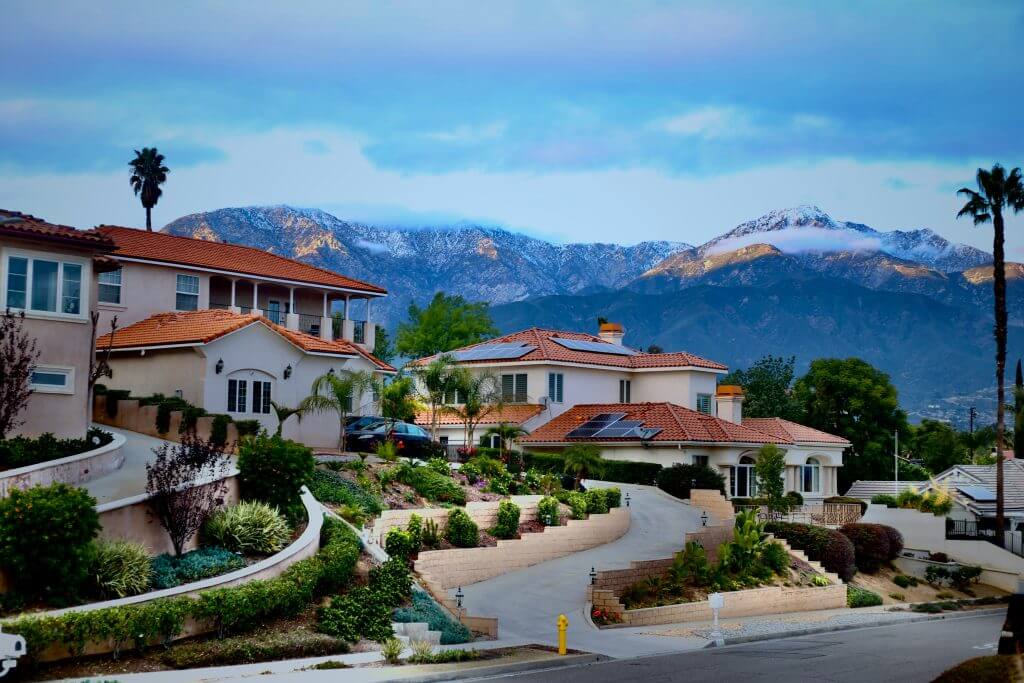
Next Steps for California Homeowners
- Decide on Priorities: You can choose from the lowest upfront cost, lowest operating cost, or the quietest, most even comfort.
- Prepare Your Home: Think about duct condition, electrical capacity, unit locations, and permit requirements.
- Request Quotes: Ask for itemized proposals with model numbers, efficiency ratings, scope, and timeline.
- Confirm Incentives and Inspections: Have your contractor handle paperwork, testing, and permit closeout.
Modernize can connect you with pre-vetted local pros in your area to compare options and get clear, written estimates.
Compare top-rated HVAC pros in your area.
Read real homeowner reviews, explore qualifications, and view promotions. Modernize makes it easy to browse professionals and find one that will be perfect for your project.
